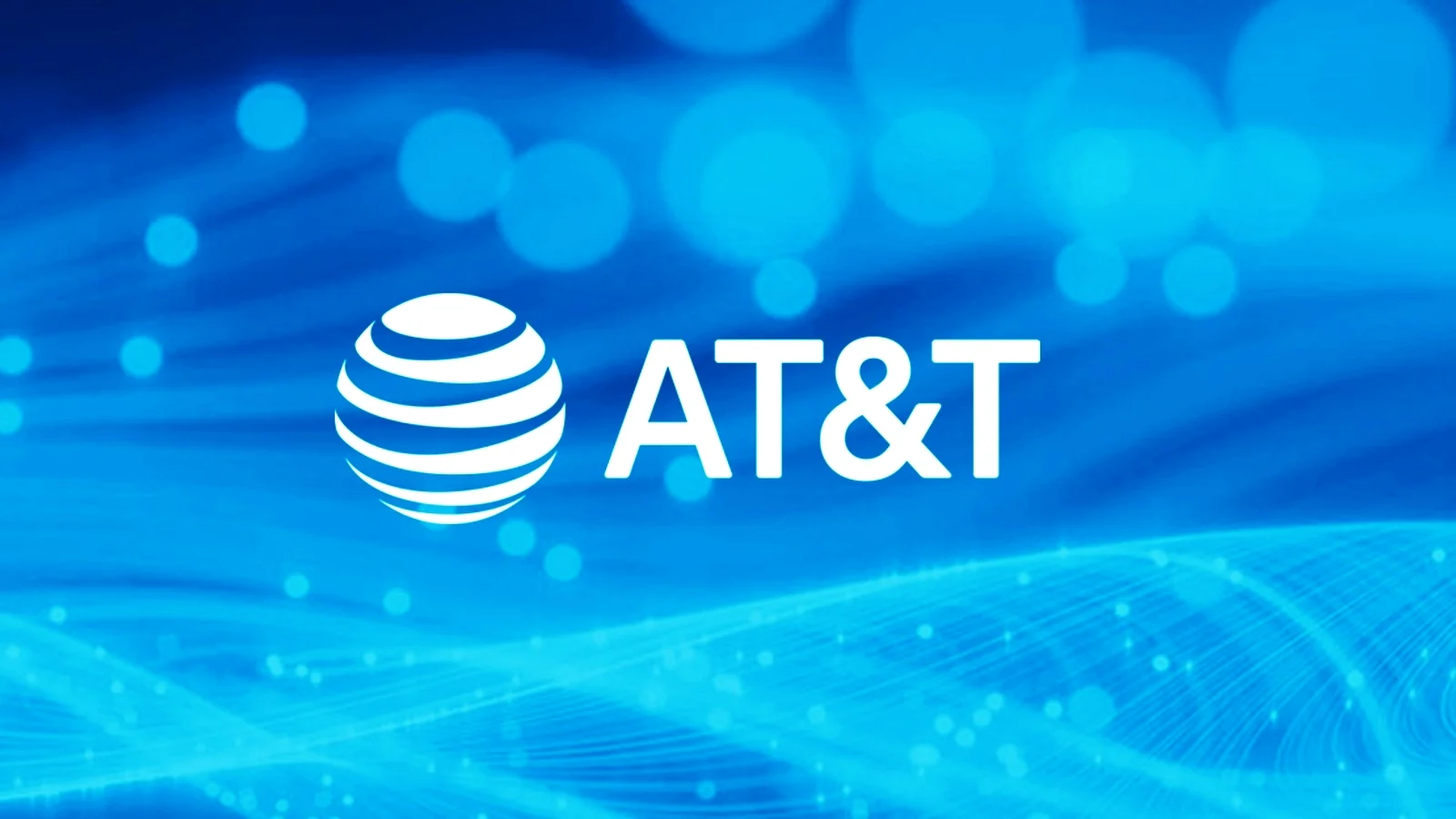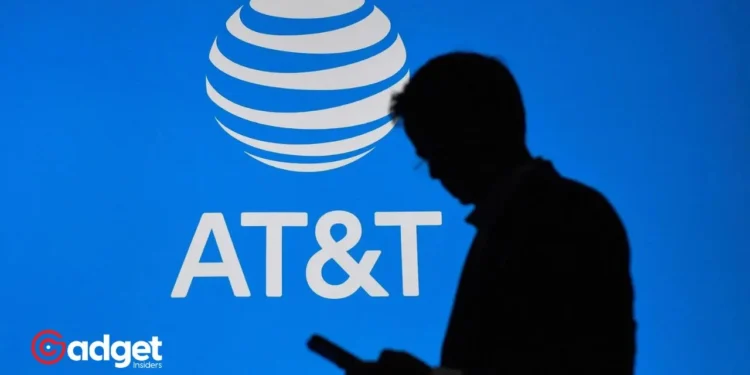In a digital age where data breaches are becoming all too common, the recent exposure of 70 million AT&T customer accounts stands out as a stark reminder of the vulnerabilities inherent in our online lives. This massive leak, which includes sensitive personal information such as names, addresses, phone numbers, birth dates, and social security numbers, has sent shockwaves through the cybersecurity community and among AT&T customers alike.

The Genesis of the Leak
In August 2021, the cyber-underworld buzzed with the news of a data trove purportedly belonging to AT&T customers being offered for sale. The entity behind this offer was ShinyHunters, a known threat actor with a ‘buy it now’ price tag of a whopping one million dollars.
Fast forward to today, and another player, Major Nelson, has seemingly made the same data freely available online. This turn of events has escalated the situation from a potential financial catastrophe to a full-blown privacy nightmare for millions.
AT&T has been steadfast in its stance, claiming the data did not originate from a breach of its systems. This claim adds an aura of mystery to the debacle, leaving the source of the leak an open question. Was it a sophisticated hack, an inside job, or a third-party slip? The answer remains elusive, leaving customers in a limbo of uncertainty.
73M AT&T customer data leaked online by a breach seller, sparking concerns. AT&T remains silent on data leak details. #DataBreach #ATandT #Cybersecurity #PrivacyConcerns pic.twitter.com/Bfl4g5fk5o
— PUPUWEB Blog (@cheinyeanlim) March 23, 2024
The Danger Lurks
The repercussions of this leak cannot be overstated. With such a comprehensive set of data now potentially in the hands of malevolent actors, the risk of identity theft, fraud, and phishing scams skyrockets.
The encryption of certain data points, like social security numbers and birth dates, might offer a glimmer of hope; however, decryption keys included in the leak effectively nullify this barrier.
Immediate Steps for AT&T Customers
If you find yourself among the potentially impacted, the first port of call should be Troy Hunt’s renowned site, haveibeenpwned.com. Here, you can quickly ascertain if your AT&T account details have been compromised.
While passwords may not have been directly leaked, this incident serves as a critical reminder of the importance of robust password management and security hygiene.
Changing your passwords, enabling two-factor authentication where available, and being hyper-vigilant about unsolicited communications are now more crucial than ever. In an era where digital footprints are extensive and often permanent, the AT&T data leak serves as a wake-up call for individuals and corporations alike to prioritize data security.

Navigating the Digital Quagmire
As we forge ahead into an increasingly digital future, incidents like the AT&T data leak underscore the fragility of our online ecosystems. The convergence of vast data repositories and sophisticated cyber threats poses an ongoing challenge to privacy and security. In this context, the role of individuals in safeguarding their digital identities becomes paramount.
Moreover, the onus is on corporations to fortify their data protection mechanisms and on lawmakers to enact and enforce regulations that protect consumer data. The AT&T data leak is not just a cautionary tale but a clarion call for a concerted effort to enhance our digital defenses.
The AT&T data leak saga is a multifaceted issue that touches on cybersecurity, corporate responsibility, and individual vigilance. As we navigate through the repercussions of this breach, let it be a lesson in the importance of maintaining robust digital hygiene practices and advocating for stronger data protection standards.
The path to a safer digital future is fraught with challenges, but through awareness, action, and advocacy, we can aspire to a more secure online world.










